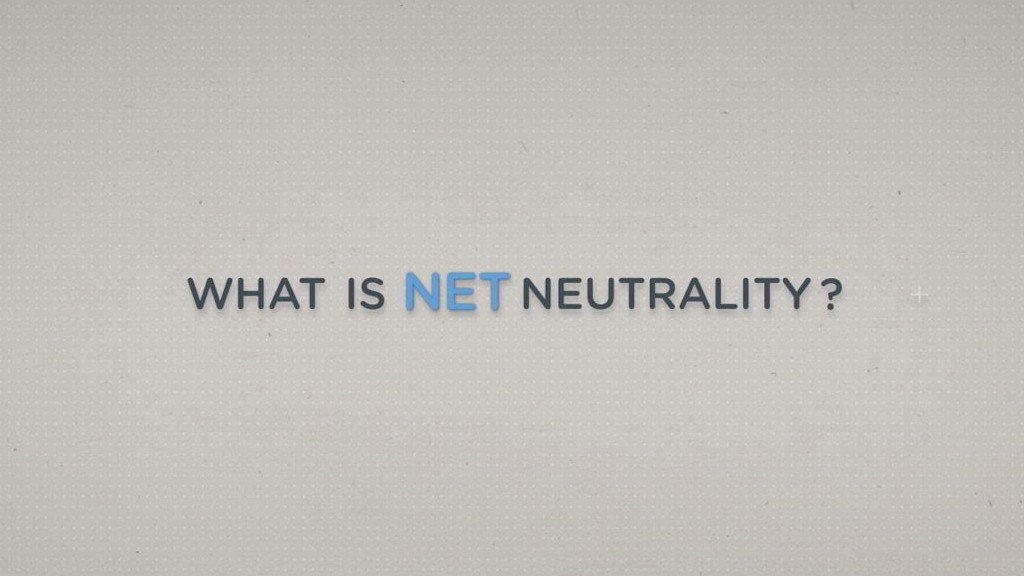
New rules that give the FCC more power to regulate the internet were upheld by a court Tuesday, marking a victory for the Obama administration over the major telecom companies.
The rules, known in the industry as net neutrality, were put into effect a year ago by the Federal Communication Commission. They prohibit internet providers, such as Verizon (VZ), Comcast (CMCSA) and AT&T (T), from charging for so-called fast lanes that could be used by content companies that use a great deal of bandwidth, such as Netflix (NFLX), Google (GOOG) and Facebook (FB).
"After a decade of debate and legal battles, today's ruling affirms the FCC's ability to enforce the strongest possible internet protections -- both on fixed and mobile networks -- that will ensure the internet remains open, now and in the future," said FCC Chairman Tom Wheeler.
But the telecoms indicated this isn't the end of the legal battle.
"We have always expected this issue to be decided by the Supreme Court, and we look forward to participating in that appeal," said David McAtee, AT&T general counsel.
Related: Net Neutrality is here. Here's what it means for you
The FCC passed the rules in early 2015 on a party line vote, with three Democrats commissioners voting in favor and two Republican commissioners voting no.
"I continue to believe that these regulations are unlawful," said Ajit Pai, one of Rebublicans. "The FCC's regulations are unnecessary and counterproductive."
The Court of Appeals in Washington D.C. split 2-1 in its decision upholding the rule. The majority decision agreed with the FCC's stance that, without the rules, there would be "a threat to internet openness...that would ultimately inhibit the speed and extent of future broadband deployment."
But in his dissent, Judge Stephen Williams worried that the rules will make it harder for new or relatively small firms to compete. He worried that it will lead to a "incurable monopoly" in which broadband service will be dominated by today's large, established players.

